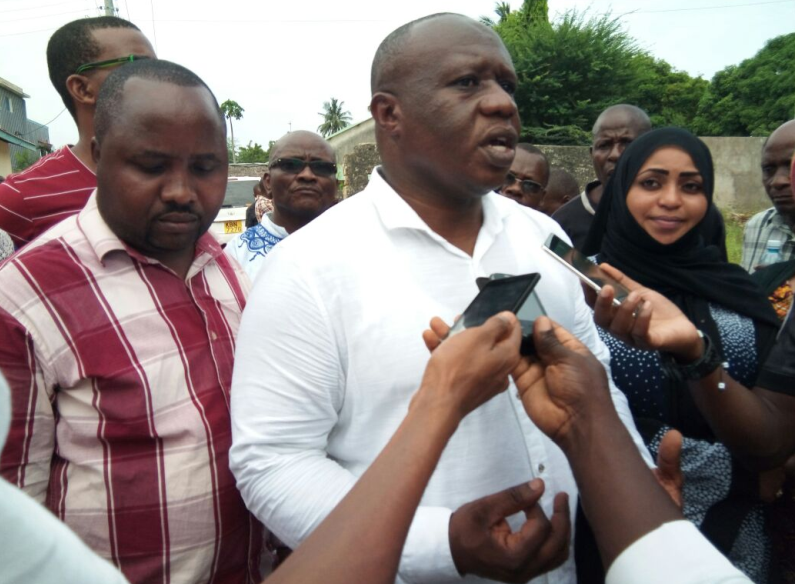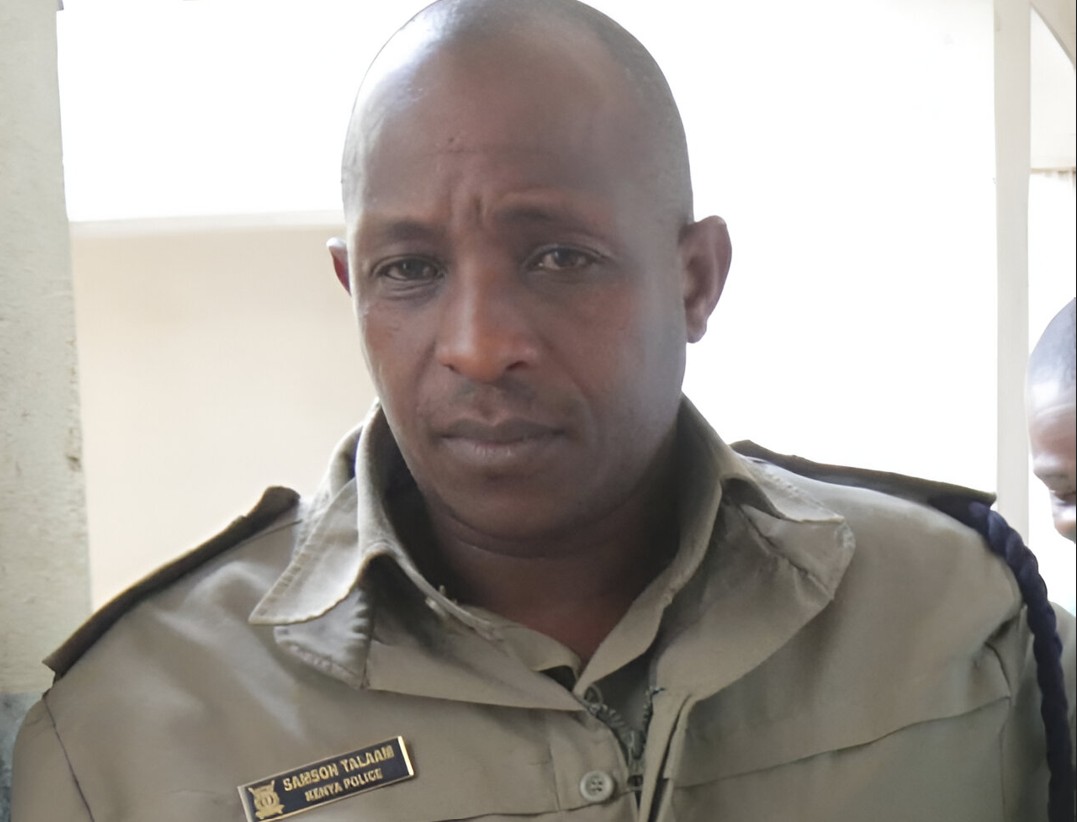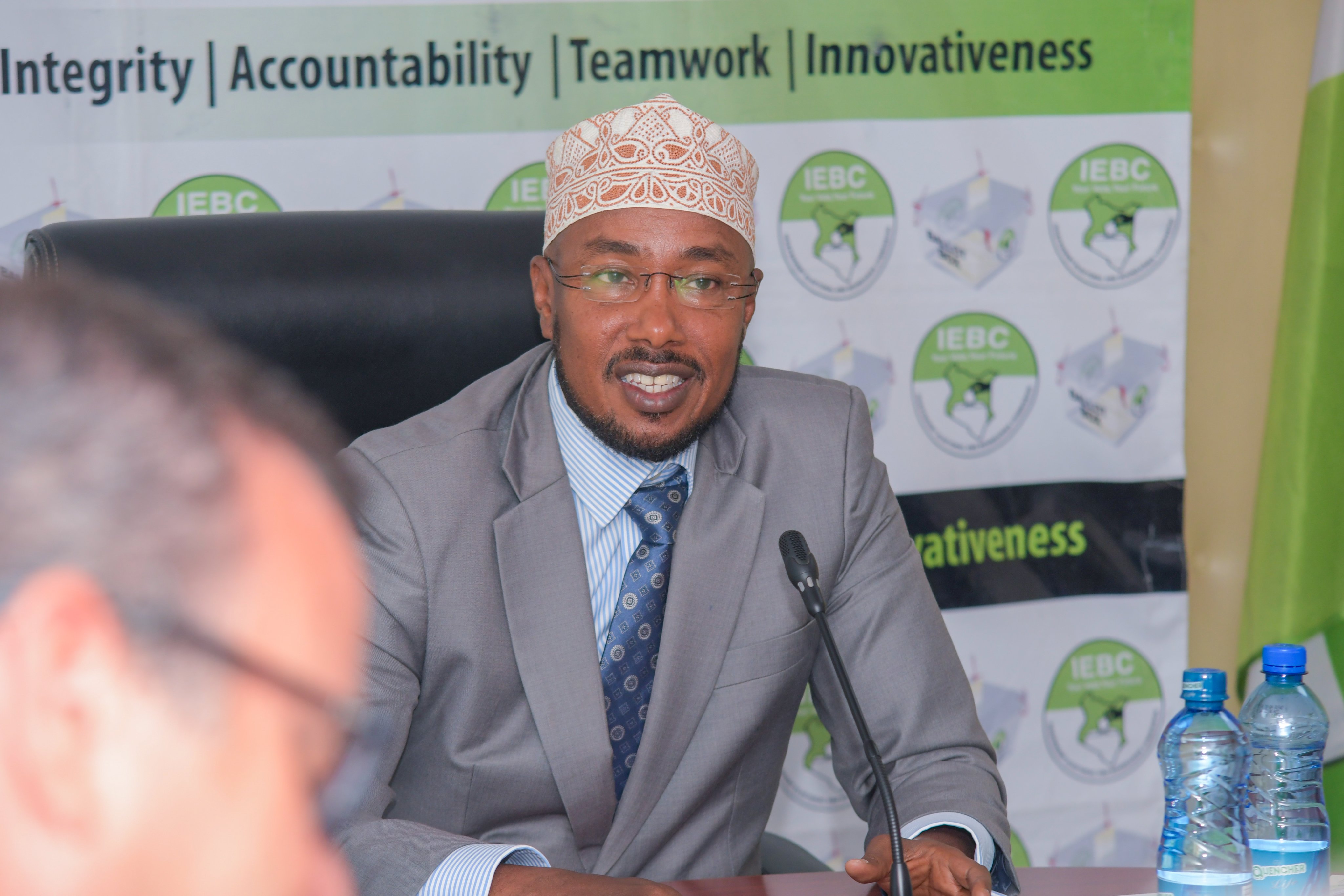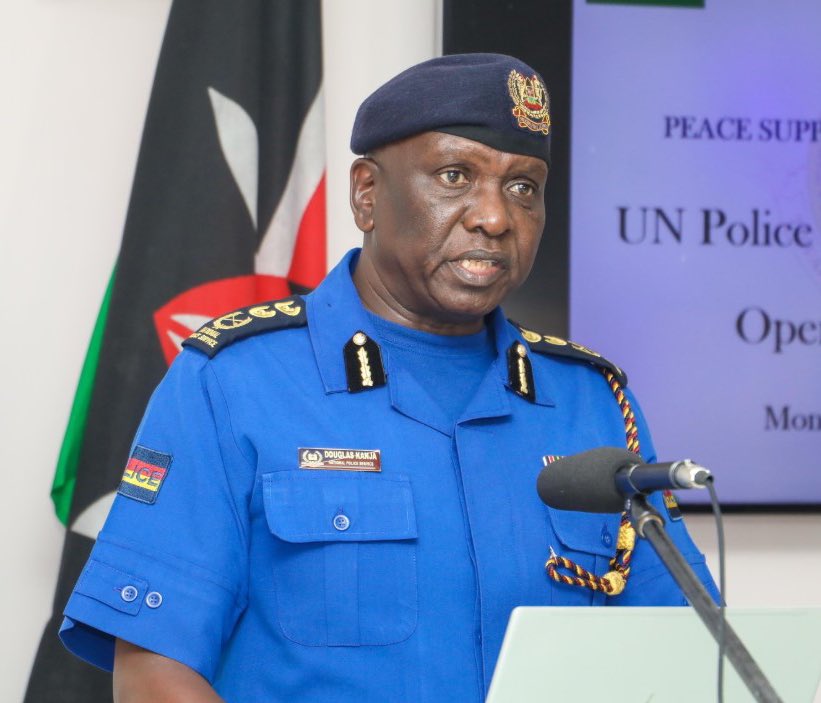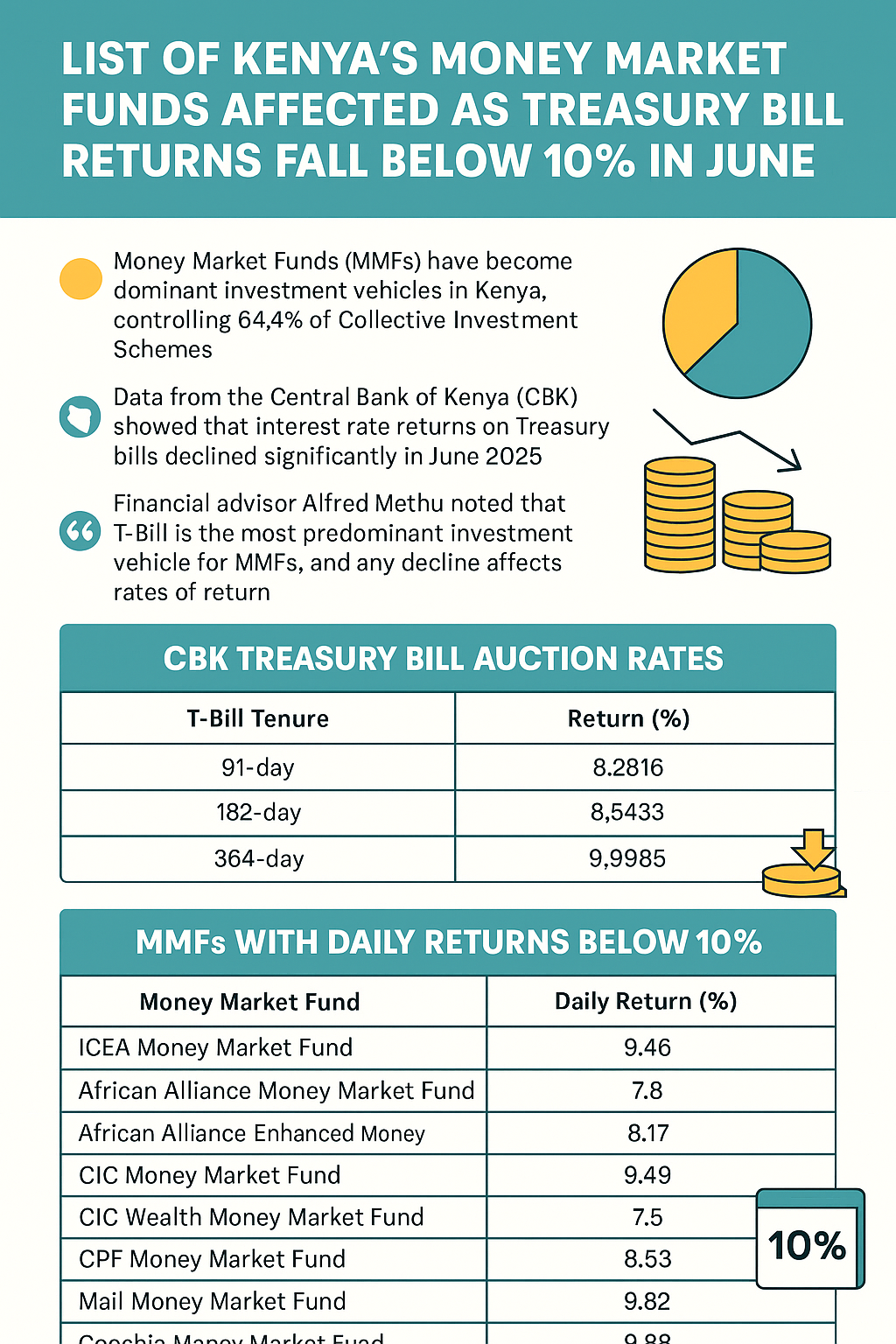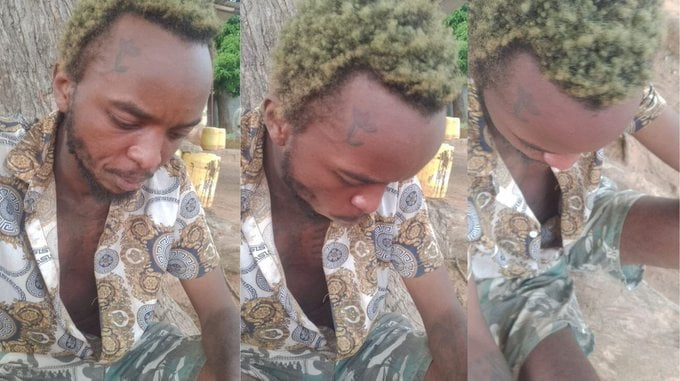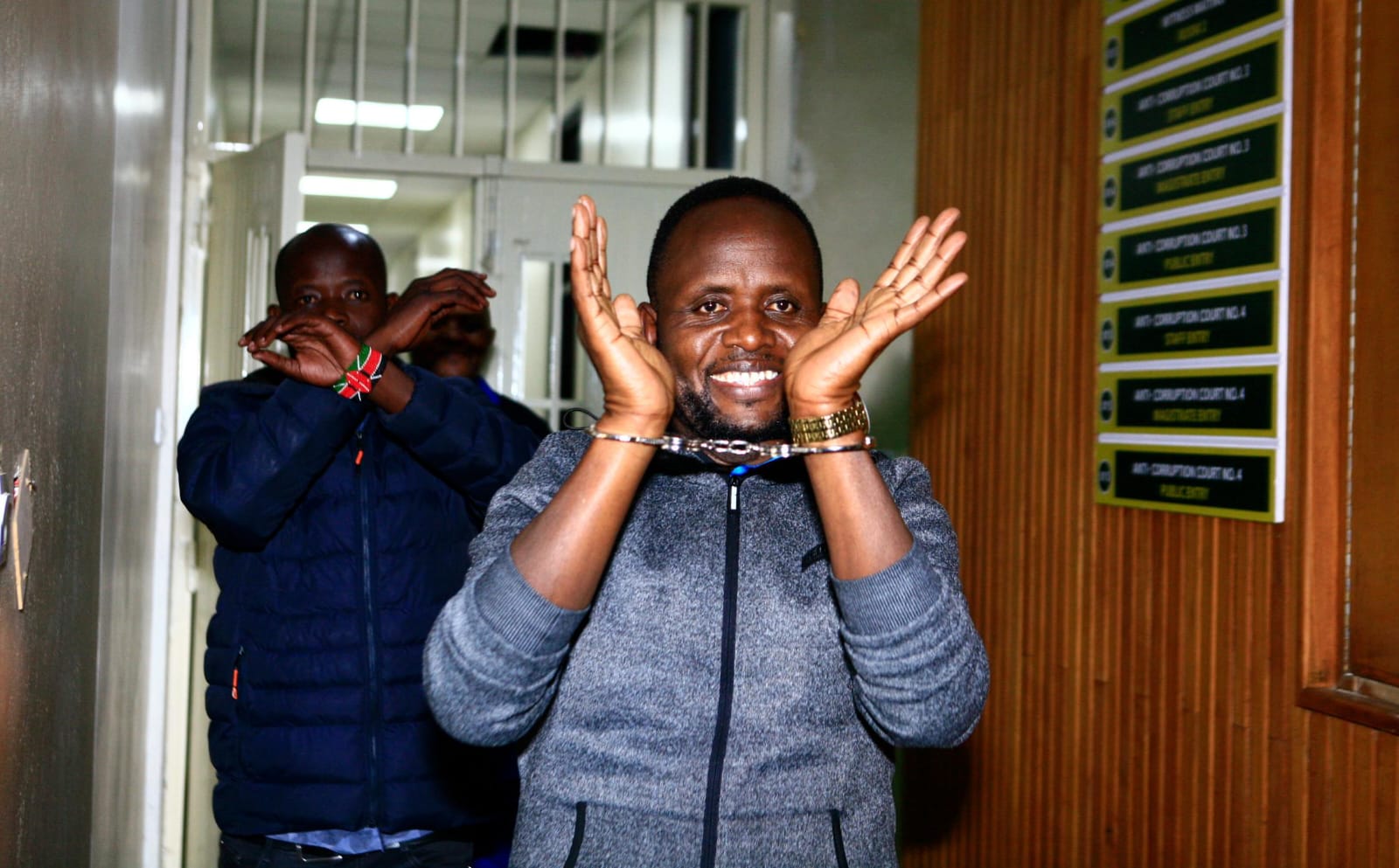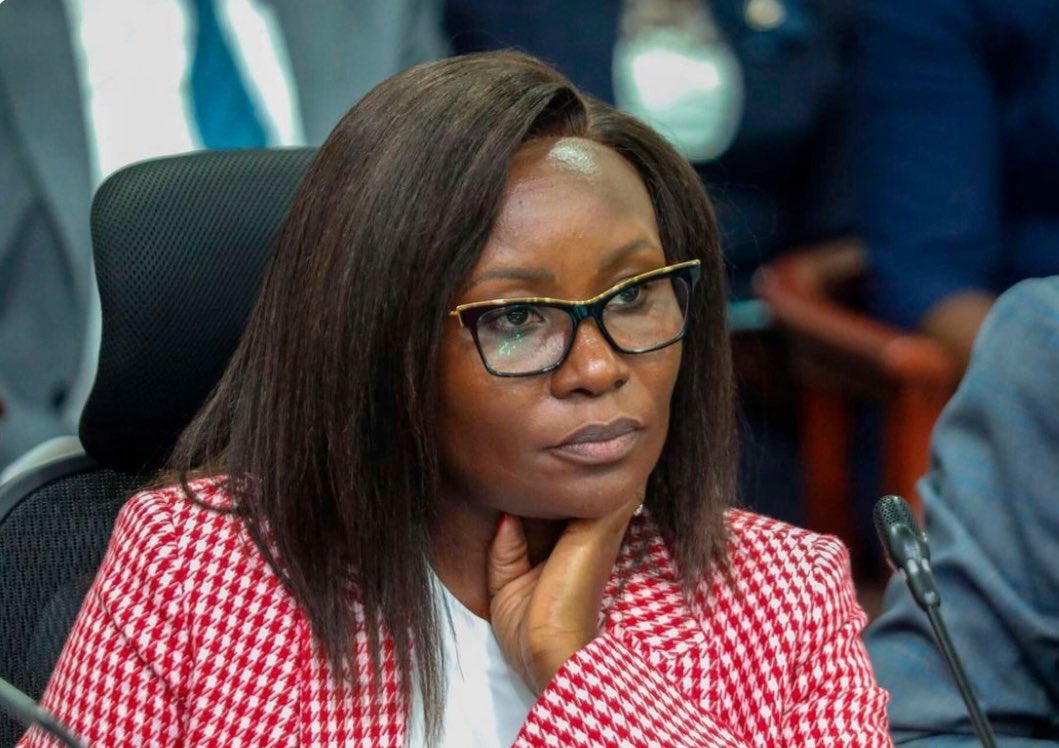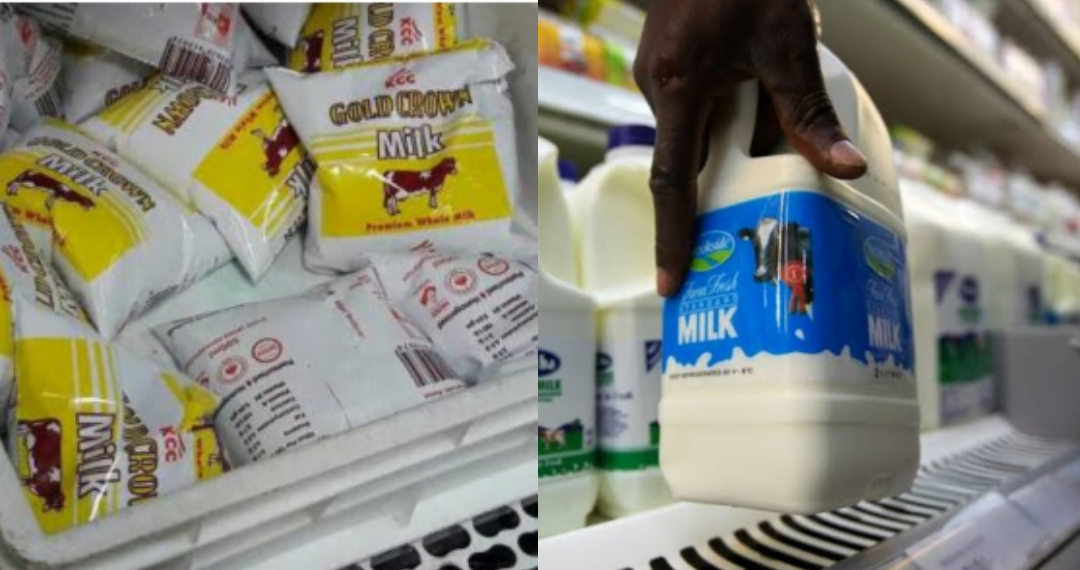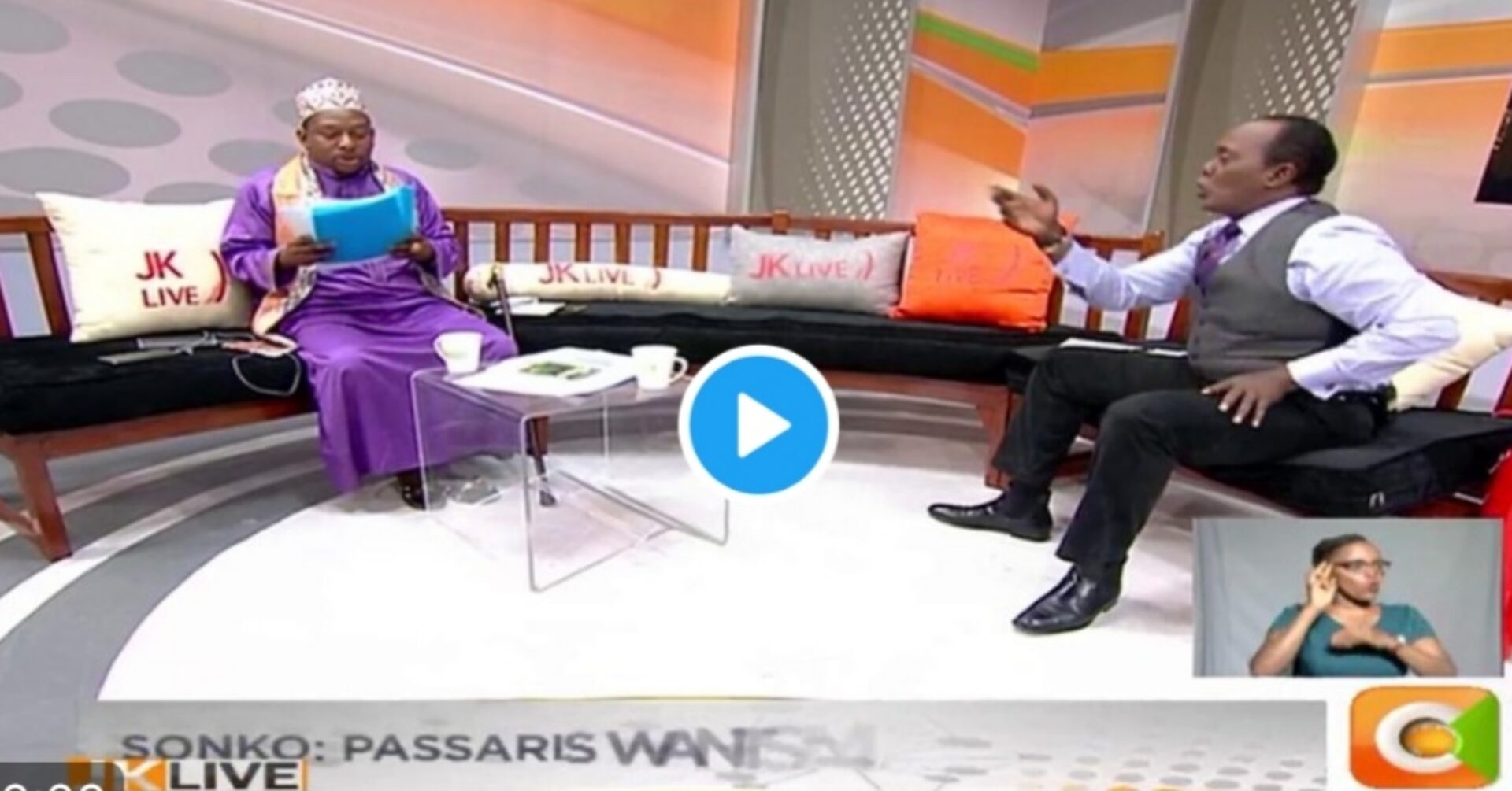Kilifi North MP Owen Baya is under fire after allegedly receiving a Sh2 million bribe to drop his controversial Muguka Bill. The bill, tabled in Parliament on May 22, 2025, sought to delist muguka from the Crops Act, stripping it of national legal protection.
But following a closed-door meeting with Deputy President Kithure Kindiki and leaders from Embu on June 4, Baya withdrew the proposal.
Critics say the move betrayed the coastal counties that had backed the bill and accuse Baya of selling out to protect political interests tied to the Mount Kenya East vote.
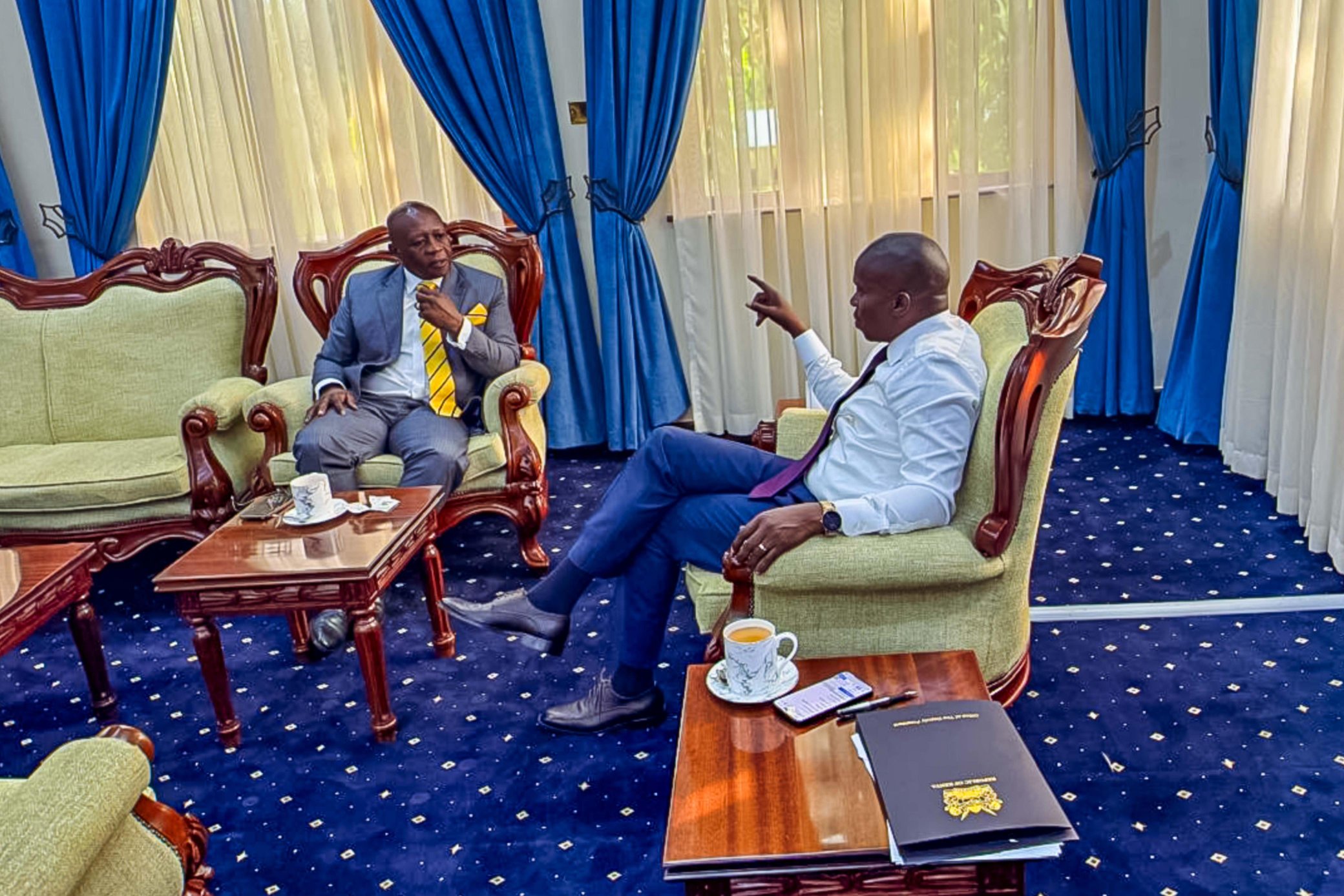
Secret Meeting Ends with Owen Baya Dropping the Muguka Bill
On June 4, Owen Baya was summoned to a high-level meeting in Nairobi. Deputy President Kithure Kindiki led the talks. Key Embu leaders were present. Muguka farming is vital to Embu’s economy, and they made their opposition to Baya’s bill clear.
Inside sources say the meeting had blessings from State House. Baya folded. He agreed to withdraw the bill. The deal, according to those familiar with it, involved a Sh2 million “compensation” to cover Baya’s time and effort in drafting the bill.
Some allege this was a bribe meant to silence him and protect muguka producers who form a strong UDA support base in Mount Kenya East. The Crops (Amendment) Bill 2025 aimed to officially separate muguka (Catha edulis) from its cousin miraa and delist it from the scheduled crops.
If passed, the law would have denied muguka state support, subsidies, and market protection under the Crops Act.
In the Coast region, muguka is seen as a threat to youth and public health. Counties like Mombasa and Kilifi have already banned it. Baya gained praise locally for standing up against the powerful muguka lobby. But his U-turn now looks like betrayal.
The Deputy President later confirmed the bill had been dropped. “Hon. Baya has graciously agreed to drop his legislative proposal,” Kindiki told reporters.
Coastal Voters Feel Betrayed by Owen Baya
Baya’s move has caused anger in Kilifi, Mombasa, and Lamu. Many voters feel abandoned. Sheikh Abu Qatada, a vocal critic of muguka, blasted Baya for withdrawing the bill. He said Baya had bowed to pressure from Nairobi and sold out the people of the Coast.
“We supported him when he stood against muguka. Now he has turned his back on us,” the cleric said.
Activists and youth groups in Mombasa are calling for investigations into the alleged bribe. They want the Ethics and Anti-Corruption Commission (EACC) to look into the June 4 meeting and whether money exchanged hands.
The coastal counties argue that muguka, though legal, causes addiction and mental health issues among youth. Leaders from the region had hoped the national government would support their local bans by removing muguka from the list of protected crops.
Instead, President William Ruto appears to be doubling down on support for muguka farmers. His government has allocated Sh500 million in the 2024/2025 budget to boost muguka farming and its value chains.

Muguka Bill Withdrawal Protects Mount Kenya Votes
The sudden withdrawal of the bill shows just how much political weight muguka holds in Mount Kenya East. The region is a UDA stronghold. Many farmers depend on muguka for their livelihoods. Removing its legal status would have caused political backlash for Ruto’s administration.
By pressuring Owen Baya to pull the bill, the government avoided a war with Embu, Meru, and Tharaka Nithi counties. But the price was public trust.
Baya had introduced the bill in his private capacity. He said it was about public health, not politics. His coastal constituents believed him. Now, they feel betrayed and used.
Analysts say the saga exposes how national interests often override local needs. It also raises questions about the role of money in shaping policy and silencing dissent.
The fate of muguka regulation now hangs in limbo. While local bans remain in place, the national law continues to protect its cultivation and trade. Without the bill, there is no legal path to a national restriction.


